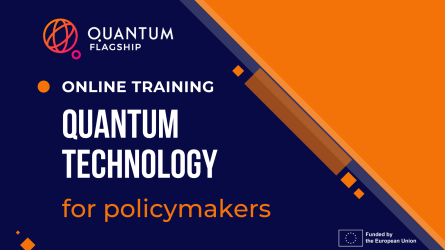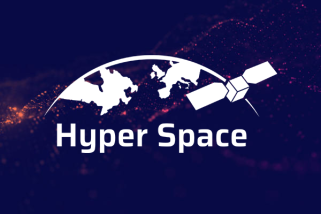
Quantum Technology training for policymakers

The Quantum Flagship is offering a series of training sessions on Quantum Technology (QT), addressing policymakers at EU and national levels. The training has been designed in collaboration with EC policymakers accounting for their interests and needs and will allow participants to:
- gain the necessary knowledge to take informed decisions during the performance of their duties,
- cooperate with peers from other countries,
- and sustain a conversation on QT topics with experts.
The training series consist of monthly dedicated online sessions, each with presentations from experts and a Q&A session.
A first successful and enlightening training series took place from June 2023 to June 2023. All sessions were recorded and made available on the webpage of the first training series.
A second training series took place from September 2024 to June 2025. All sessions were recorded and made available on the webpage of the second training series.
A third training series starts in October 2025. All information and registration links can be found on the webpage of the third training series.
Contacts persons:
Oxana Mishina (CNR-INO) oxana.mishina@ino.cnr.it
Costanza Toninelli (CNR-INO) costanza.toninelli@ino.cnr.it



